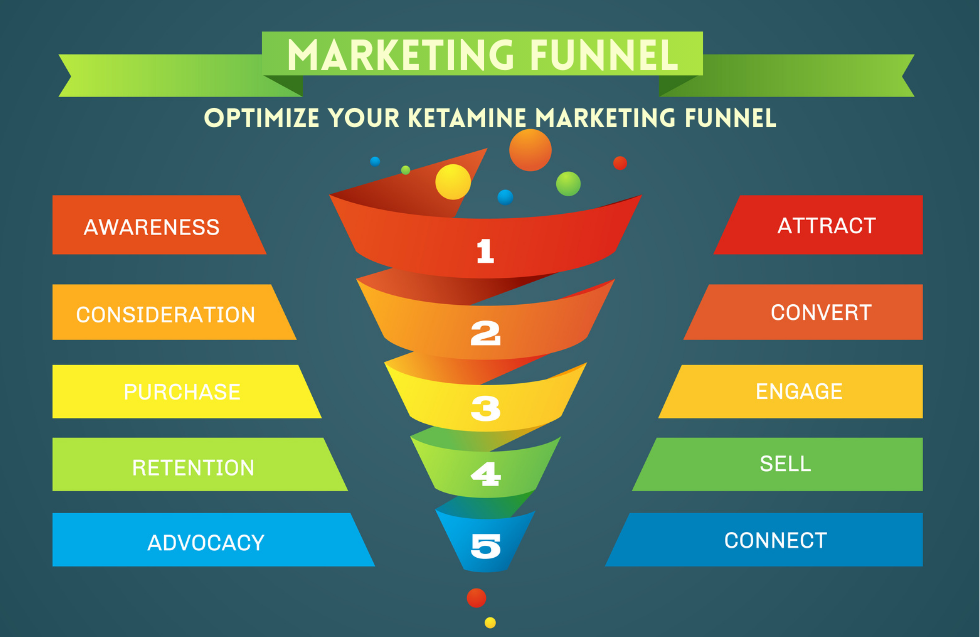In today’s interconnected world, where market landscapes are continuously molded by shifting trends and economic forces, the impact of the global economy on business is evident. The global economy plays a pivotal role in shaping business landscapes worldwide. The dynamics of market demand, business growth, and market strategies are profoundly influenced by the fluctuations and trends in the global economy. The intricate web of trade, finance, and technology has made businesses susceptible to various economic forces, ranging from fluctuations in exchange rates to shifts in consumer demand. Understanding and effectively navigating these impacts are crucial for businesses to thrive amidst economic uncertainties. In this blog, we’ll delve into the profound influence of the global economy on businesses and explore strategies to mitigate risks and capitalize on opportunities.
The Interconnectedness of the Global Economy:
The global economy is characterized by its interconnected nature, where events in one part of the world can ripple across borders, affecting businesses far and wide. Factors such as international trade agreements, geopolitical tensions, and monetary policies can significantly influence business operations. For instance, tariffs imposed on imports can disrupt supply chains and increase production costs for businesses reliant on foreign inputs. Similarly, fluctuations in currency exchange rates can impact the competitiveness of exports and imports, affecting profit margins and market positioning.
Moreover, economic crises, such as the 2008 financial meltdown or the more recent COVID-19 pandemic, underscore the vulnerability of businesses to systemic shocks. The sudden contraction in consumer spending, disruptions in supply chains, and financial market volatility during these crises have forced businesses to adapt swiftly or face existential threats. The ability to anticipate and respond effectively to such economic upheavals is essential for business resilience and longevity.
Understanding Market Demand
The Impact of the Global Economy on Business is profound, as market demand serves as the cornerstone upon which organizations construct their offerings and strategy. The global economy shapes market demand, directly impacting consumer behavior, spending power, and tastes. Economic factors such as employment levels, inflation rates, and GDP growth influence consumer confidence and spending habits.
Consumer confidence typically rises during economic expansions, which encourages consumers to spend more on products and services. Businesses now have the chance to develop their consumer base and profit from the market’s expansion thanks to this spike in demand. In contrast, consumer spending usually decreases during economic downturns as people become more frugal with their money. Companies need to update their marketing strategy, pricing plans, and product offerings to reflect the changing spending and preference patterns of their customers in order to keep up with these developments.
Adapting to Changing Consumer Behavior
E-commerce, social media, and mobile technologies have completely changed the retail scene, as globalization and technology improvements have changed consumer behavior. Companies need to embrace digitization, improve their online presence, and use data analytics to better understand customer preferences in order to adjust to these shifting market dynamics. Businesses can efficiently adjust their products and services to match market demands by keeping an eye on changing consumer trends.
Expanding Businesses in a Worldwide Setting
The global economy determines the growth track of enterprises operating on a worldwide scale in addition to influencing market demand. Economic variables such as trade policies, exchange rates, and geopolitical events impact the competitiveness of enterprises in international marketplaces. Currency exchange rate fluctuations can have an impact on import and export costs, which can therefore have an effect on profit margins and market positioning.
Businesses also need to manage cultural differences and legal frameworks in many nations and areas. To identify growth possibilities, evaluate competitive landscapes, and manage risks, a detailed market analysis is necessary before pursuing strategic expansion into new areas. Utilizing the experience of business consultants can provide insightful advice and useful insights when developing expansion plans tailored to specific market conditions.
Furthermore, international trade disputes and geopolitical tensions can impede cross-border trade and disrupt global supply chains. Companies need to keep a careful eye on geopolitical changes and evaluate how they can affect risk management, market expansion, and sourcing strategy. Businesses may protect their interests and reduce geopolitical risks by diversifying their supply chains, looking into new markets, and conversing with officials.
Conclusion:
In conclusion, the Impact of the Global Economy on Business is profound, shaping their operations, strategy, and performance results significantly. Businesses in an increasingly interconnected globe have to handle a plethora of circumstances, including geopolitical dynamics, regulatory reforms, shifting customer behavior, and economic swings. But amid these difficulties are chances for growth, creativity, and uniqueness in the market.
The key to success lies in foresight, adaptability, and strategic agility. To succeed in dynamic market settings, companies must predict economic trends, comprehend consumer preferences, and proactively modify their strategy. Furthermore, if one is to weather economic fluctuations, one must invest in strong risk management procedures, encourage decision-making speed, and create sturdy supply networks.
To put it simply, even if the world economy is subject to swings, companies that have the vision to choose the appropriate goods and services, focus on niche markets, and establish efficient procedures will win out. Through adapting to change, promoting creativity, and remaining aware of market trends, companies can prosper in the face of the fluctuations of the world economy.













